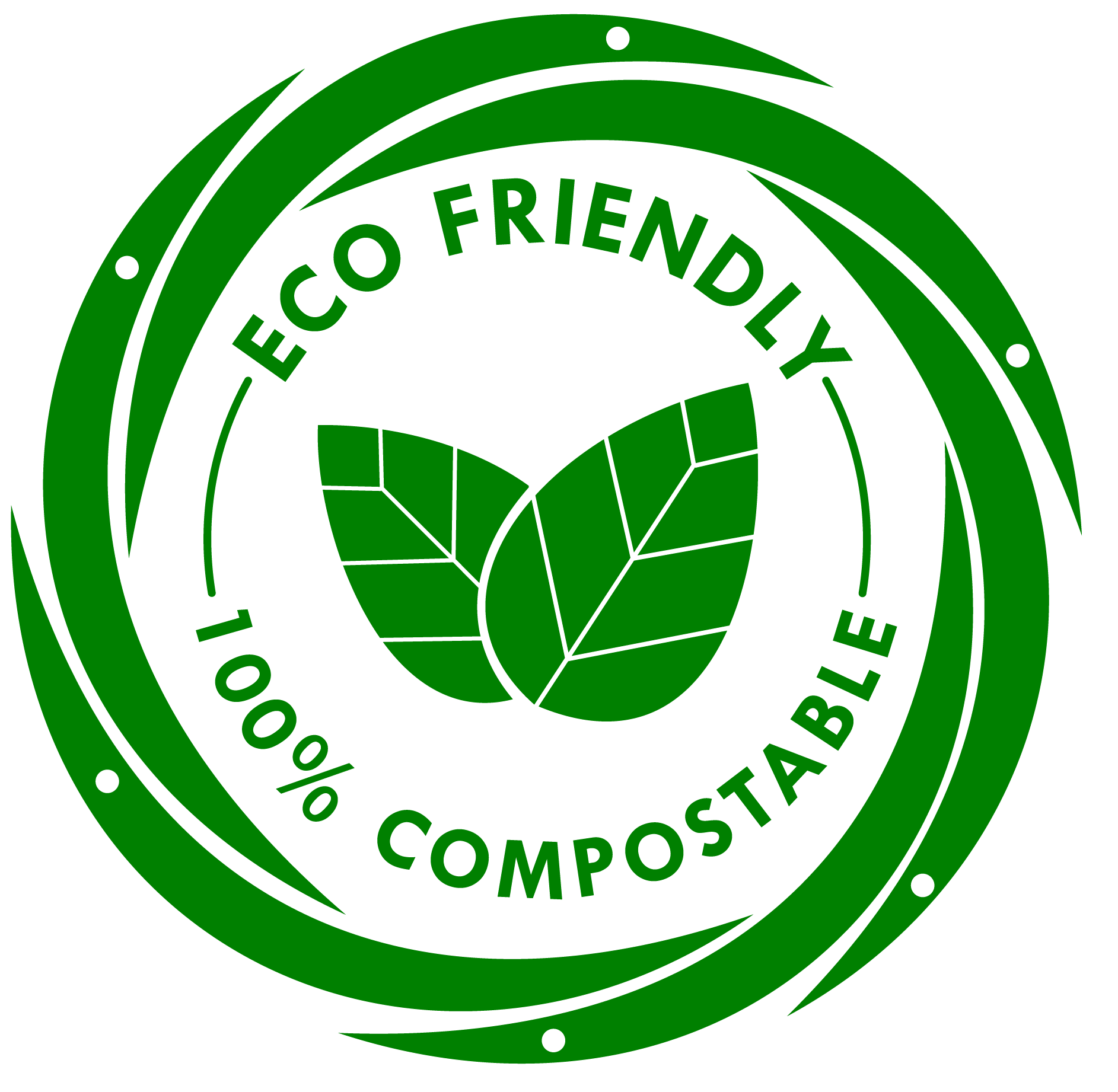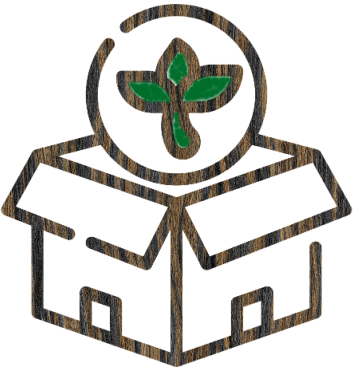Definitions
We understand there can be a lot of confusion around the various words and phrases related to ‘green’ products. For example, ‘biodegradable’ is not the same as ‘compostable’ and not all biodegradable materials are compostable! It’s far from straightforward, which is why we are working hard to ensure that we keep up to date with scientific research.
Our founder Lorraine, is an Associate Member of the Institute of Sustainability and Environmental Professionals (ISEP) and the Institute of Environmental Sciences (IES). The work of these organisations and others we are members of help us better understand key terms and which materials are genuinely plastic-free and sustainable. This helps us determine where we draw the line – we don’t make claims, for example, that every product on the Marketplace is vegan-friendly, but we are clear than unless stated (e.g. for health and safety reasons or where there are currently no other viable alternatives to plastic) that they are free of single-use plastic which also includes recycled and bioplastics. This also applies to the packaging which orders are sent in from our Sellers.
The list of materials that are currently accepted in products on the Marketplace can be downloaded here. A list of materials currently not accepted can be downloaded here.
We aim for transparency, and to give clarity to every ‘green’ term we use on the Marketplace, so you can feel confident knowing your purchases are genuinely helping the planet. We also recognise and value the Green Claims Code which helps identify genuine environmental claims about products or services.
The majority of Products on the Marketplace are more than just single-use plastic free – we look at the full life-cycle of materials from manufacturing through to use and end of life. Our definitions of key terms are as follows:
![]() BIODEGRADABLE – the materials used in the products
will break down completely in the natural environment, usually through bacteria
or other micro-organisms. The time it takes to break down will of course vary depending on the material e.g. paper will be faster than food waste, which will be faster than wood. The main thing here is that there are no toxins or other materials left behind.
BIODEGRADABLE – the materials used in the products
will break down completely in the natural environment, usually through bacteria
or other micro-organisms. The time it takes to break down will of course vary depending on the material e.g. paper will be faster than food waste, which will be faster than wood. The main thing here is that there are no toxins or other materials left behind.

COMPOSTABLE – the materials used in the Products will break down completely in industrial composting facilities within a specific time frame (usually 180 days or less), leaving no trace of toxins or other materials behind.
 HOME COMPOSTABLE - the materials used in the Products
will break down completely in a home compost within a specific time frame
(usually 180 days or less), leaving no trace of toxins or other materials
behind, providing nutrients to surrounding soil and plants.
HOME COMPOSTABLE - the materials used in the Products
will break down completely in a home compost within a specific time frame
(usually 180 days or less), leaving no trace of toxins or other materials
behind, providing nutrients to surrounding soil and plants.
 SUSTAINABLE – the long-term use of materials
contained within the Product can continue without detriment or compromise to
the planet and its inhabitants.
SUSTAINABLE – the long-term use of materials
contained within the Product can continue without detriment or compromise to
the planet and its inhabitants.

VEGAN - the Products contains no animal or animal-derived ingredients.
To understand our current position about bioplastics, please read here.
A note about balloons:
You may have noticed the move to natural latex 'biodegradable' balloons and that we do not sell them here. Whilst natural latex is indeed biodegradable, it is only this (the latex from the Hevea tree) that degrades naturally without harming the environment. During the manufacturing process of balloons, pigments and dyes are added to make the colours and patterns, plus other chemicals and plasticisers to ensure the latex is less brittle. This results in a less than 'natural' and less than 'biodegradable' product. Natural latex itself can still take anything between 6 months to 6 years to biodegrade, meaning wildlife are more likely to discover and ingest the remnants of the balloons.
Trying to determine how a balloon has been made, and the exact composition of pigments and/or chemicals added at the manufacturing process isn’t easy, but add in the fact that remnants remain around for such a long time (confirmed by another study recently) posing a danger to wildlife, we have decided not to sell any kind of traditional balloon such as latex (natural or otherwise), Mylar, Foil, and Helium on the Marketplace.
The good news is we are able to offer some fantastic, home compostable alternatives that don't pop, can be re-used multiple times, and have proved a real hit with our younger party goers (and their parents). You'll find them in the Party Decorations category. We think you’ll love them too!

